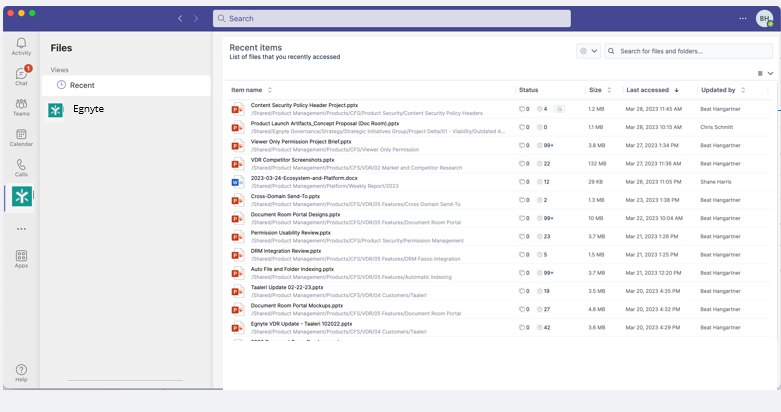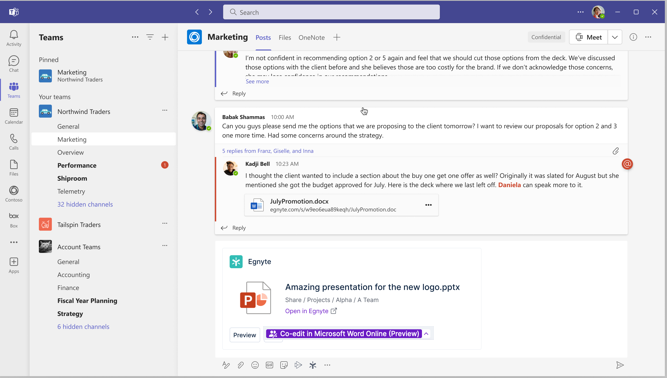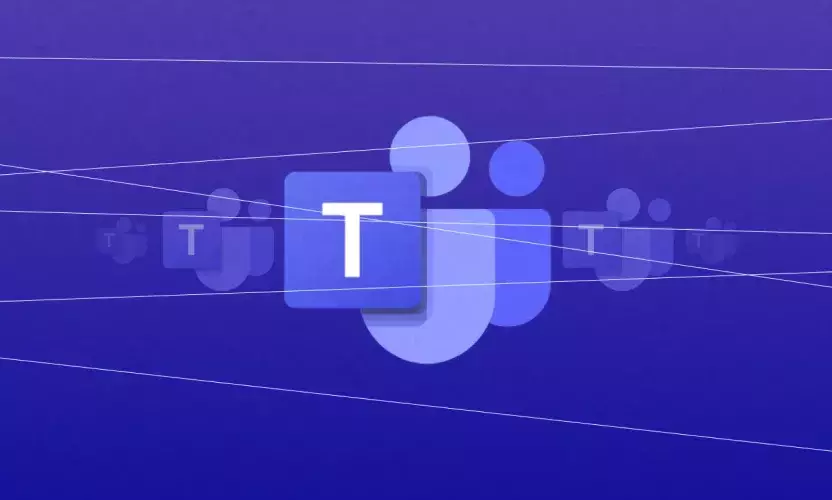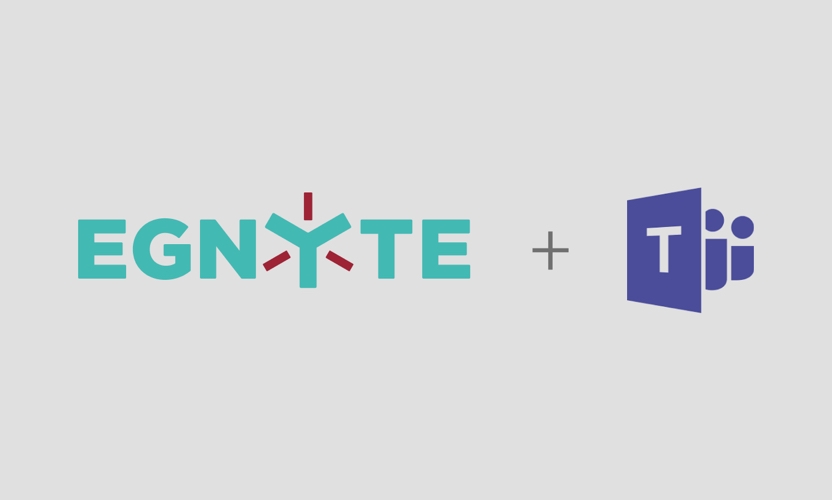
Enhance Productivity with Egnyte for Microsoft Teams Integration
Microsoft Teams is the world’s most popular collaboration tool - used by over 300 million users globally. Its popularity stems from its breadth of collaboration capabilities, including instant chat, conversational channels, online meetings, and video calls. However, the sheer volume of content generated by these collaboration workflows can quickly lead to content management challenges including:
- Difficulty in finding what you need quickly due to excessive number of channels, chats, and files
- Complexity in managing content across the decentralized content storage systems underneath Teams
- Security risks as sensitive data is scattered across locations
- Version control issues and difficulties in maintaining a single source of truth
Egnyte’s new and improved integration with Microsoft Teams helps users and admins negate these issues. As the centralized file storage system for Microsoft Teams, Egnyte provides a single source of truth for all content and seamless access to the latest document versions. Its robust file synchronization and sharing features are embedded directly within the Teams platform to streamline file management, sharing and data governance in a secure yet scalable environment.
Automated Link Generation and Permissioning
When a user uploads a file from local storage to Microsoft Teams, Egnyte automatically saves it and generates an instant link, thereby ensuring that users avoid manual file transfers via email or the complex process of generating and sharing links separately. In addition, users have total control over link permission settings within the Microsoft Teams App to restrict unauthorized access.

Egnyte users can seamlessly access and collaborate on files within MS Teams, providing a user experience similar to using the Egnyte WebUI.
Simple and Secure Authentication
With Single Sign On (SSO), Egnyte users can eliminate the authentication process every time they switch between Microsoft Teams Channels to access content and tools. This allows for uninterrupted access to channels and files within the Microsoft Teams environment. Streamlined authentication simplifies the process and allows users to dedicate more time and attention to their existing tasks.
Seamless Collaboration and Co-editing
Microsoft power users can collaborate more efficiently on files without time-consuming tasks like downloading or opening files in separate tabs. With Egnyte seamlessly integrated into channels, users can conveniently preview and open shared files in Egnyte within Microsoft Teams without searching through the conversation history to find specific files. The integration also takes advantage of real-time co-editing of Microsoft Office files within the Teams environment. Any file modifications are automatically saved into Egnyte storage ensuring data consistency and providing reliable version control - empowering teams to work with increased efficiency and confidence.

Users (both Egnyte and non-Egnyte) have the ability to collaborate and co-edit documents in the browser when Microsoft Co-editing is enabled.
To take full advantage of all the integration provides, please refer to the user guide for instructions on how to configure Egnyte within your Microsoft Teams application.





